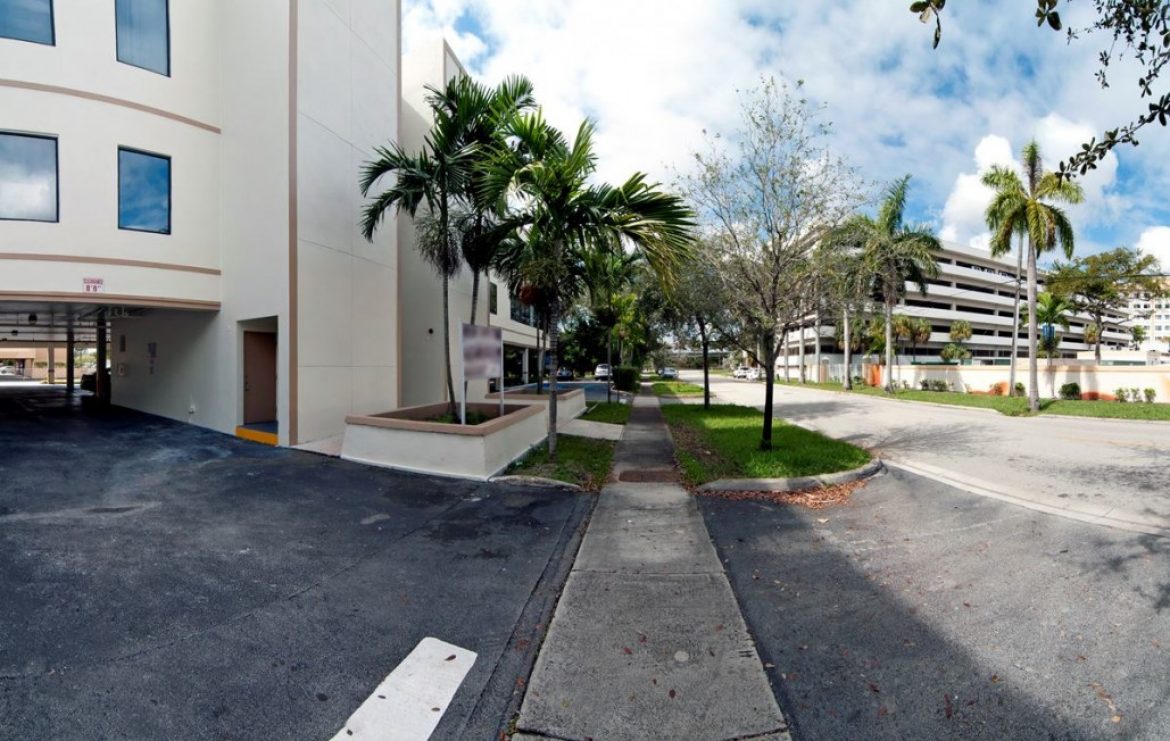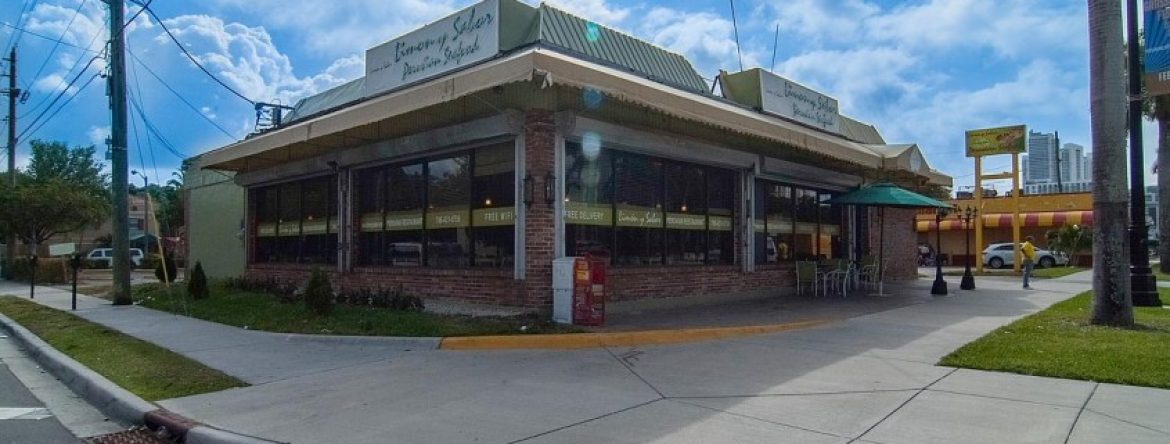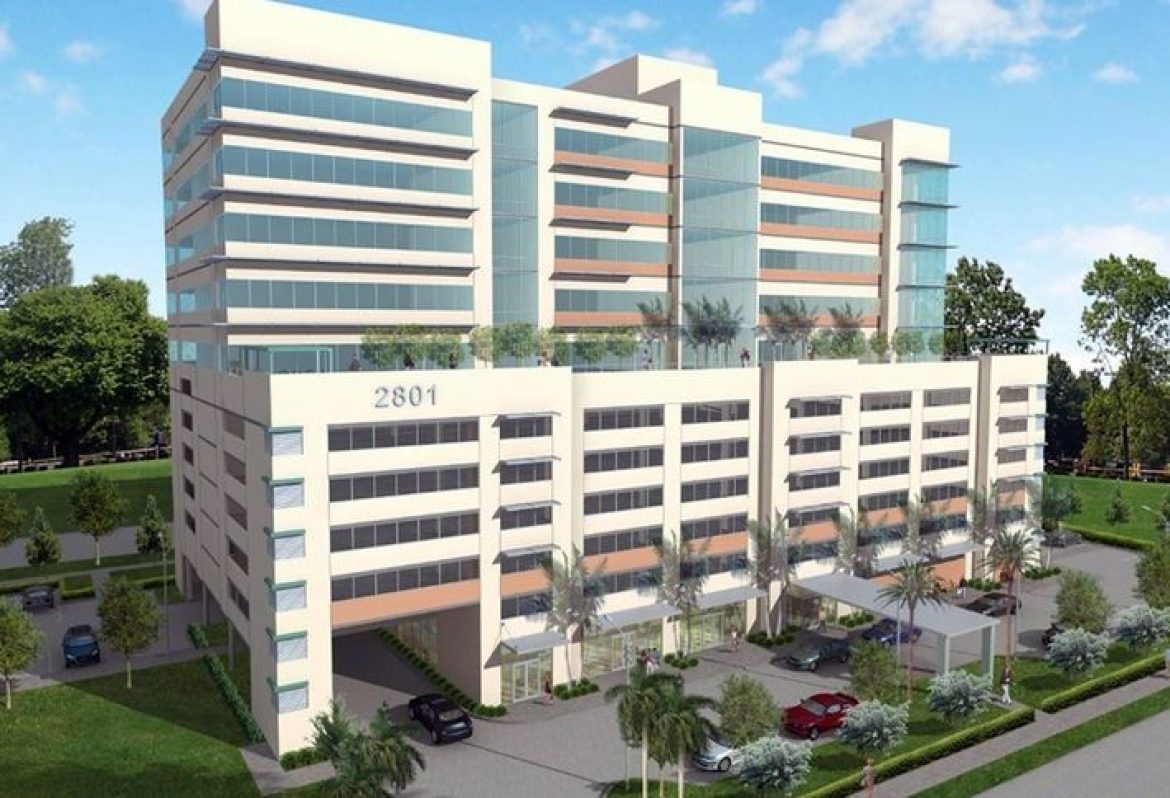The four major “food groups” of commercial real estate — office, multifamily, industrial and retail — occupy most of the headlines around investment and development.
Another one, life sciences, is becoming a mainstream real estate class of its own, given its dominance in markets like Boston, San Diego and the Bay Area. But the Covid-19 pandemic has also diverted investors’ attention and investment into more niche, but downturn-proof, real estate sectors.
“There’s a continued chase for yield, where investors are trying to uncover stability and trying to create and capture predictability of income streams,” said Aaron Jodka, director of U.S. capital markets research at Colliers International Group Inc. (NASDAQ: CIGI). “That has led to growth in areas such as self storage, single-family rental and medical office.”
Here are some of the non-mainstream asset classes seeing renewed interest from capital sources, in 2021 and heading into next year.
Cold storage
Although still a specialized subsector of the broader industrial market, cold storage real estate is heating up in direct response to pandemic-induced trends.
Additionally, much of the nation’s refrigerated and freezer inventory is outdated or even obsolete, propelling — for the first time in awhile — speculative cold-storage development.
Self storage
The pandemic started with the self-storage sector actually oversupplied. Developers had, in the years leading up to 2020, been developing self-storage facilities at a rapid clip, which led to double-digit vacancy in some markets.
But shortly after the onset of Covid-19 in March 2020, lease-ups of storage units started to occur.
Medical office
Another generationally-driven commercial real estate subsector: medical office. The space saw some loss of momentum in 2020 as elective medical procedures were put on hold but has started to come back this year.
In 2020, medical-office building sales fell by 12.7%, according to CBRE Group Inc. (NYSE: CBRE) research from April. But, CBRE noted, the medical office sector came back quicker than other property types during the global financial crisis.
Data centers
A recent investor survey conducted by Colliers International found investors are bullish on two alternative, or specialty, property types more than any other: life sciences and data centers.
Global capital sources are flocking to data centers as connectivity and infrastructure have become more paramount through the Covid-19 pandemic, Jodka said. In the first half of 2021, data-center absorption in the United States was 273.6 megawatts across 13 markets, according to Jones Lang Lasalle Inc. (NYSE: JLL) research.
Construction is ramping up, too, from 611.8 megawatts at the end of 2020 to 680.8 megawatts in the first half of 2021.
Click here to read more about this story.



